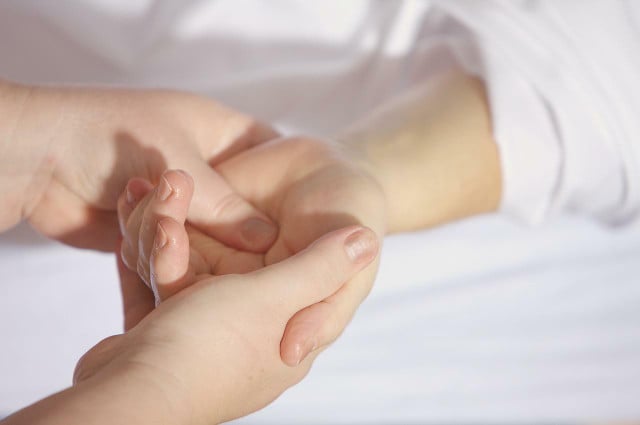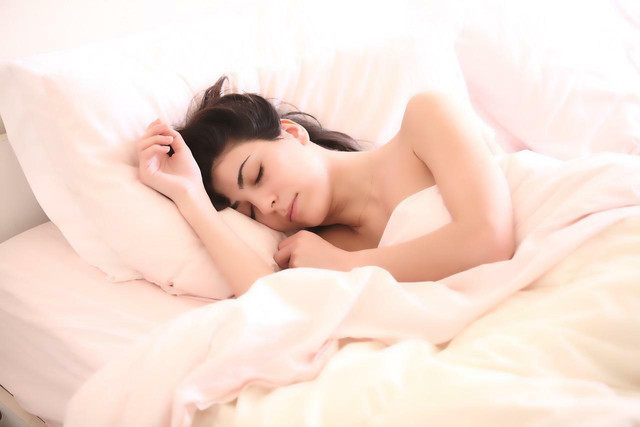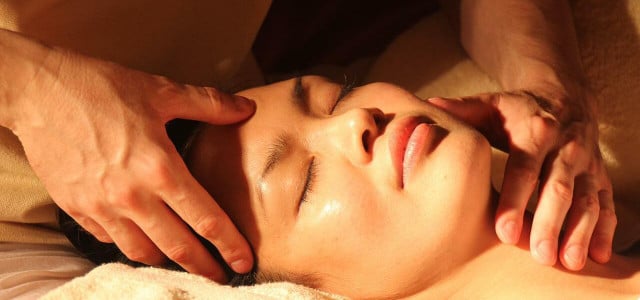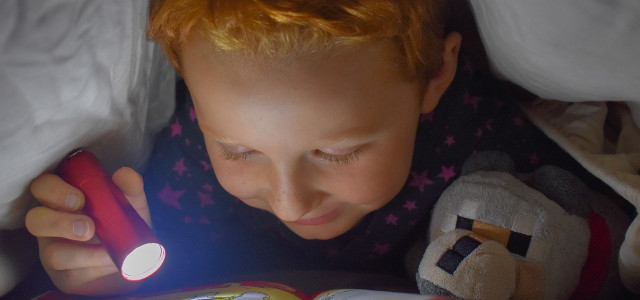Everyone has difficulty sleeping at times, but acupressure believes that certain pressure spots for sleep are the key to a restful night’s sleep. You can learn how to relax, quiet your thoughts, and naturally fall asleep with these few simple methods.
What Is Acupressure?
As the English poet and novelist Charlotte Brontë once said, ”A ruffled mind makes a restless pillow”. As our understanding of the importance of dreams and our sleep cycle deepens, so too does our certainty about the vital importance of getting a good night’s rest so that we can function in our waking lives. Shockingly, it is estimated that a third of Americans of all ages and socioeconomic classes suffer from insomnia.
Naturally, there are many reported tips and tricks you can do to get more restful sleep, but where do pressure points for sleep and home acupressure fit into all of this?
Acupressure is a traditional Chinese medicine technique that has reportedly been practiced for thousands of years. It’s a hybrid of acupuncture and massage techniques that involves applying pressure to specific locations (“acupoints”) on the body, only without pointy needles. Fingers, palms, elbows, feet, and specialized acupressure instruments can all be used for this purpose.
Although Western academic research into the benefits of acupressure is still in their early stages, some results look promisingly effective. Regardless, many people across the world, have claimed anecdotally to have had success in addressing a wide range of health issues, including but not limited to:
- Sleeplessness
- Chronic Muscle Pain
- Migraines
- Nausea
With acupressure, the idea is to unblock ‘clogged’ pathways of energy in the body that are causing stress and restlessness. Therefore by finding the right pressure points for sleep right before we nod, we should theoretically be able to nod off easier.
How Does Acupressure Work?



According to ancient Chine philosophy, Qi is the force that makes up and binds together all things in the universe and flows through your body. As a result, the goals of acupressure are to improve the flow of Qi or energy around the body, which ushers in greater relaxation and wellness.
Regardless of how frequently you have insomnia or where you stand spiritually, acupressure and locating the correct pressure points for sleep may bring some help. While you can have a professional do acupressure on you, you can also attempt activating pressure points on your own fifteen minutes before bed.
Here are some tips and tricks for using home acupressure to find the right pressure points for sleep:
- Only your hands are required for self-treatment with home acupressure.
- Acupressure points are places on the body where pressure is applied and held for short periods of time using the thumb or forefinger. Perhaps it will hurt a little, but hopefully not too much, the idea is to lean into the discomfort.
- To have a greater effect, the pressure point for sleep needs to be massaged, circled, or tapped.
- Pressing down the acupressure points for anywhere from 30 seconds to three minutes is recommended by traditional practitioners. Do this regularly to see your progress.
- Combining home acupressure with other sleep-inducing routines like switching off electronics and lowering lights, gentle night-time yoga, sleep journaling, or drinking calming tea is recommended for optimal results.
- You can always get someone else to help you massage those hard-to-reach spaces and acupressure points on your skull, back, and ears.
5 Best Pressure Points for Sleep



Now that we’ve brought you up to speed with home acupressure, we’d like to share with you five of the best pressure points for sleep that we hope will bring balance and calm to your nightly routine. For the sake of clarity, we’ve opted to list their names first, then the conditions they specifically combat, and finally where you can locate them on your body.
- An Mian — {Insomnia caused by depression} – An Mian points are located on both sides of the neck. They can be located by making an ‘L’ shape with your hand. Next place your index fingers on each earlobe. At the natural point behind the air where both thumbs rest, behind the bone of where the top of your jaw means the bottom of your ear, is the An Mian. Gentle pressure will do the trick.
- Taiyang — {Headaches before bed} – Touch the fleshy region of your temples with the tips of your index and middle fingers. Taking ten slow, deep breaths in and out while applying light, circular pressure is recommended.
- Spirt Gate — {Restless mind before bed} – Positioned at the junction of the palm and forearm, just below the pinky finger. Take five deep, steady breaths while pressing and holding this spot with two fingers. Repeat for each wrist.
- Taixi — {Insomnia caused by high blood pressure} – In the inside part of the ankle. In the hollow part that separates the heel bone from the tendon of the ankle. It’s simple to locate this node; there’s a distinct indentation that fits your finger. For about a minute on each side, use your finger or thumb to provide slight pressure.
- Yongquan – {Insomnia caused by stress} – It’s located between the ball of your foot and your second or third toes in the same soft indent or line. This is where you’ll find the Yong Guan pressure point for sleeping, sometimes known as the Gushing Spring.
Should you find your home acupressure regimen isn’t getting the desired results, and if your insomnia is lasting for more than a few weeks, be sure to make an appointment with your doctor, this may be symptomatic of a more serious medical problem.
Read more:
- Nighttime Routine: 12 Tips to Help You Sleep Better
- Herbs for Sleep7 Natural Sleep Aids
- Best Sleep Sounds and How to Pick the Right One for You
Important Information regarding Health-related Topics.
** Links to retailers marked with ** or underlined orange are partially partner links: If you buy here, you actively support Utopia.org, because we will receive a small part of the sales proceeds. More info.Do you like this post?







